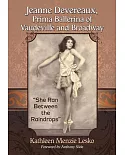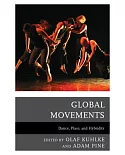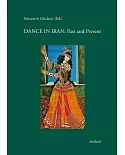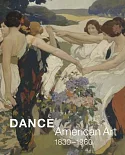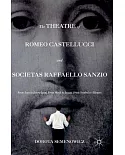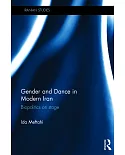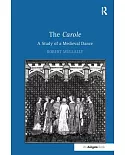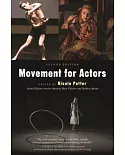The survival of African cultural traditions in the New World has long been a subject of academic study and controversy, particularly traditions of dance, music, and song. Yet the dance culture
of blacks in London, where a growing black community carried on the newly creolized dance traditions of their Caribbean ancestors, has been largely neglected. This study begins by examining the
importance of dance in African culture and analyzing how African dance took root in the Caribbean, even as slaves learned and adapted European dance forms. It then looks at how these dance
traditions were transplanted and transformed once again, this time in mid-eighteenth century London. Finally it analyzes how the London black community used the quadrille and other dances to
establish a unified self-identity, to reinforce their group dynamic, and to critique the oppressive white society in which they found themselves.



